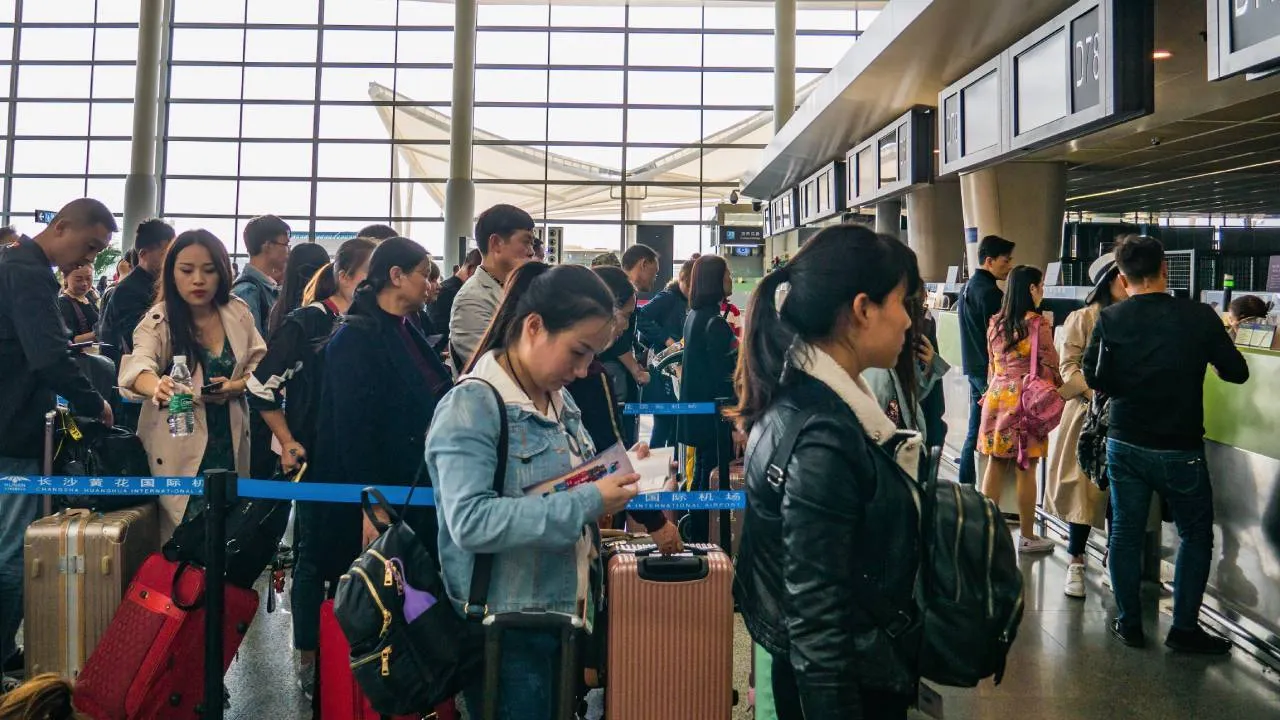Chinese banks, airlines, and merchants are targeting travelers with digital yuan payments on their platforms, as the country gears up for its summer vacations.
The Bank of China (Hong Kong) launched a “Cross-Border Shopping Festival” in Hong Kong on July 18, providing Mainland citizens with the opportunity to pay for goods and services using the CBDC, known variously as the digital yuan or digital renminbi, at more than 200 stores.
According to an official press release, the campaign will run from July to August to coincide with “traditional tourism.” Customers of Jiangsu, Guangdong, and Shenzhen branches can receive promotional cash backs in red envelopes containing digital yuan.
According to the Deputy General Manager of the Digital Currency Special Working Group of Bank of China Hong Kong, "Local merchants are actively improving their collection systems to provide cross-border tourists with digital renminbi."
Hong Kong's official currency is the Hong Kong Dollar (HKD), which is issued by the Hong Kong Monetary Authority (HKMA). The Chinese yuan (CNY) and the HKD are distinct and non-interchangeable currencies.
Promoting the digital yuan to travelers
In addition, the Civil Aviation Administration of China and China Merchants Bank have launched an online air ticket booking platform that accepts digital yuan payments, as reported by Chinese media.
The government-run businesses aim to drive digital economy adoption and "jointly explore the use of digital RMB in more civil aviation industries."
Furthermore, the government reportedly plans to promote the digital yuan at the upcoming Chengdu Grand Games 2023, a multi-sport event for global university students to be held in China’s Sichuan province from July 28 to August 8, 2023.
Promotional activities could include facilitating digital yuan wallets for participants and viewers, similar to initiatives undertaken at the Beijing Olympics 2022.
China’s CBDC and crypto
China initiated the test pilot of its central bank digital currency three years ago, in July 2020. Since then, the government has been actively making efforts to encourage take-up of the digital yuan.
These efforts include its promotion at the Beijing Olympics, and facilitating salary payments in specific provinces.
The restart of crypto trading for retail customers in Hong Kong and promotion of Web3 development earlier this year were groundbreaking moves, hinting at a proxy approval from the Chinese government towards crypto. Despite hints of a thaw in the government’s attitude towards crypto, however, it clearly hasn’t slowed the pace of plans to increase the adoption and liquidity of China’s digital yuan.

